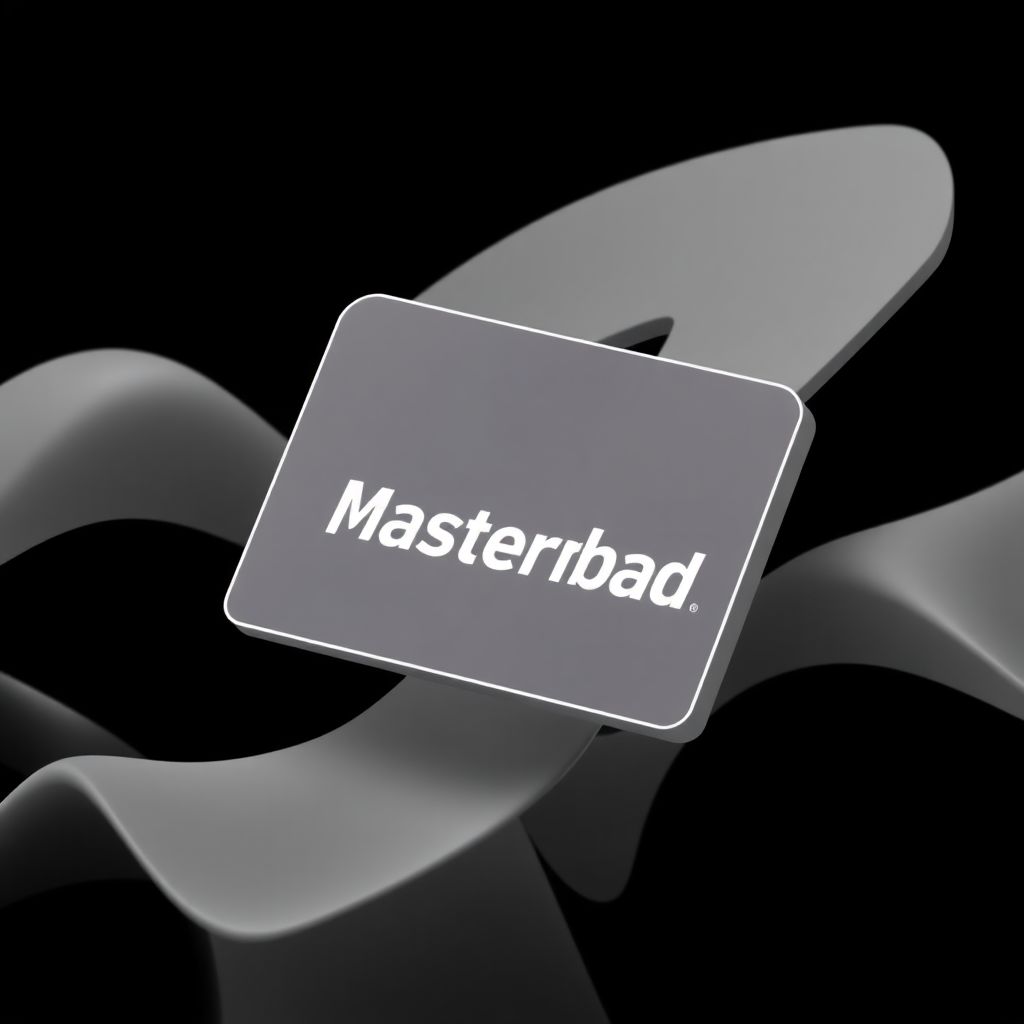Mastercard is reportedly in advanced negotiations to acquire Zerohash, a leading provider of stablecoin infrastructure technology, in a deal estimated between $1.5 billion and $2 billion. This strategic move would mark a significant expansion of Mastercard’s footprint in the digital asset and stablecoin ecosystem, as the company continues to position itself at the forefront of blockchain-based payment innovation.
According to insiders familiar with the matter, the discussions between Mastercard and Zerohash are ongoing, although no final agreement has been reached yet. If the deal proceeds, it would represent one of the largest acquisitions in the stablecoin sector to date, underscoring the growing importance of blockchain infrastructure in traditional finance.
This potential acquisition follows closely on the heels of reports that both Mastercard and Coinbase were separately involved in late-stage talks to acquire another stablecoin-focused company, BVNK, also valued around $2 billion. The simultaneous pursuit of multiple companies in the same niche highlights the intensity of competition among traditional financial giants seeking a foothold in decentralized finance (DeFi).
Zerohash, a Chicago-based fintech firm, specializes in providing the backend technology that enables companies to integrate crypto and stablecoin functionalities into their platforms. Its offerings include custody, on-chain settlement, and regulatory compliance solutions — all critical components for financial institutions looking to bridge the gap between fiat and digital currencies securely and legally.
Mastercard’s potential acquisition of Zerohash reflects the broader trend of legacy financial institutions embracing crypto infrastructure rather than competing against it. By acquiring a firm like Zerohash, Mastercard would gain access to a robust suite of APIs and compliance-ready tools, enabling it to offer crypto-related services to banks, fintechs, and merchants without having to build the systems from scratch.
Although Mastercard representatives declined to comment on what they referred to as “market speculation,” industry analysts suggest that the move aligns with the company’s recent efforts to modernize its payment network. Over the past few years, Mastercard has increasingly invested in blockchain research, digital currency innovations, and pilot programs involving central bank digital currencies (CBDCs).
Zerohash’s technology is particularly appealing because it allows clients to remain regulation-compliant while offering crypto services. The firm is already registered with the U.S. Financial Crimes Enforcement Network (FinCEN) and holds multiple state Money Transmitter Licenses, making it well-positioned to navigate the complex regulatory environment in the United States.
The acquisition could also accelerate Mastercard’s ability to support stablecoin payments at scale. Stablecoins — digital currencies pegged to fiat assets like the U.S. dollar — have become a key enabler of near-instant, low-cost cross-border payments. Integrating Zerohash’s infrastructure could allow Mastercard to offer real-time settlement and remittance services, particularly in emerging markets where traditional banking is less accessible.
Additionally, acquiring Zerohash might help Mastercard develop a more robust position in the tokenization of real-world assets and programmable money. As global financial systems evolve, the ability to offer tokenized financial instruments, from equities to commodities, is expected to become increasingly valuable.
From a strategic standpoint, the acquisition would give Mastercard a competitive edge over rivals such as Visa, which has also been active in exploring blockchain partnerships and stablecoin settlements. With a full-service crypto infrastructure provider under its wing, Mastercard could become a one-stop shop for institutions looking to enter the digital asset space.
Moreover, the timing of the deal is notable. Regulatory clarity around stablecoins is slowly emerging in jurisdictions like the U.S., the EU, and parts of Asia. By securing its position early, Mastercard could capitalize on first-mover advantages and shape industry standards.
If finalized, this acquisition would also likely spur similar moves across the financial industry. Other major payment processors, banks, and tech giants may follow suit, either by acquiring crypto-native infrastructure firms or by forming strategic alliances to avoid being left behind.
In the context of Mastercard’s broader innovation strategy, this acquisition would complement its existing initiatives, such as its Start Path Crypto accelerator program and partnerships with blockchain startups. It also aligns with Mastercard’s stated mission to create an “inclusive digital economy,” where users can transact seamlessly across traditional and blockchain networks.
Looking forward, the integration of Zerohash’s technology could open up a variety of new use cases for Mastercard customers. These may include crypto wallets linked to Mastercard accounts, stablecoin settlement layers for merchants, or even tokenized loyalty programs that operate across borders and currencies.
Ultimately, this prospective acquisition signals that stablecoins are no longer a fringe concept but a mainstream financial tool with transformative potential. By investing heavily in the infrastructure that supports them, Mastercard is betting that stablecoins will play a foundational role in the next generation of global finance.

